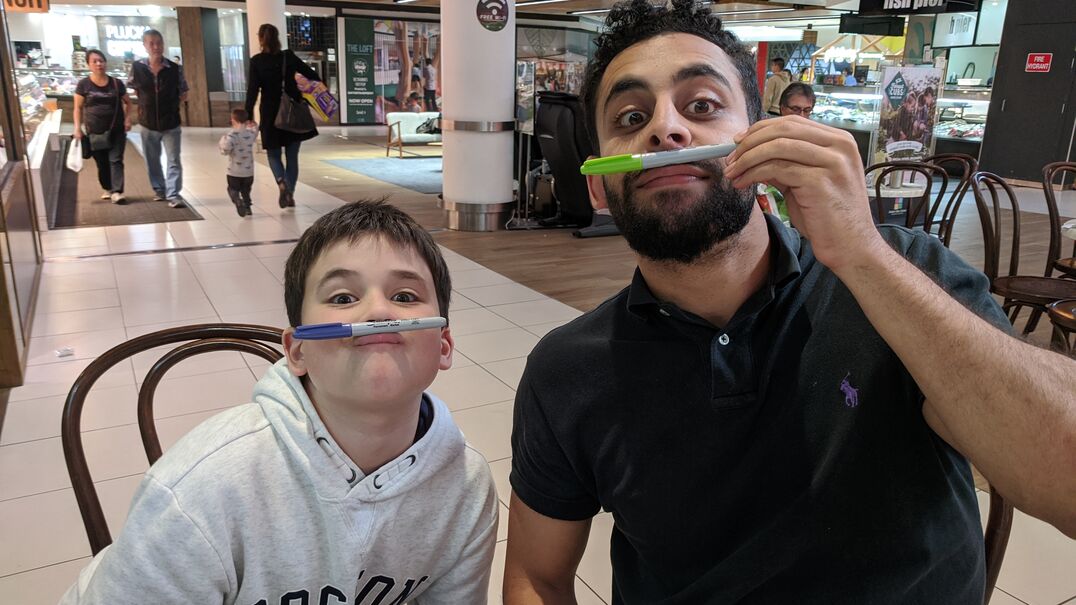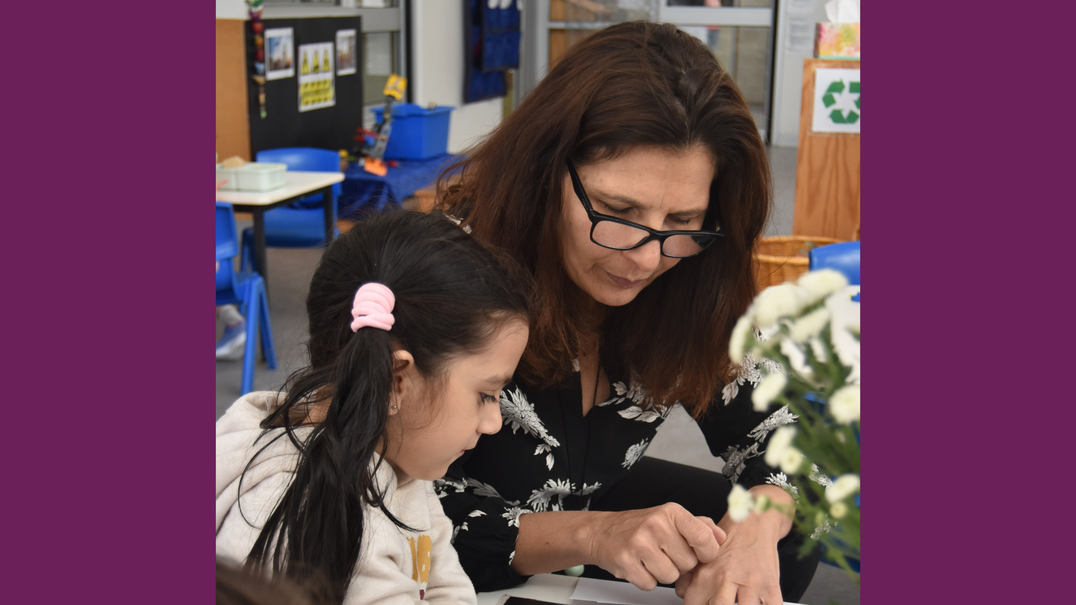Evidence tells us that play-based learning is key to children’s learning. It builds on their natural sense of enquiry and discovery through hands-on exploration of the world around them.
That’s why, when you walk in to any one of the 45 Sparkways early learning centres there’s just one main activity taking place – play!
In any one of our centres, you’ll see children building castles with sand and standing at easels splashing paper with colour.
In another area, there’ll be equipment like swings and climbing frames, with little ones making cubbies and singing songs in all kinds of languages.
Indoors, there’ll be blocks and toys and stories where we disappear into a world of imagination where wombats are obsessed with carrots and kind witches make room on their brooms for everyone – no matter how different they are.
“Play is the key to everything at this time in a child’s life,” Sparkways pedagogy lead Nancy Green MA explains.
“The research is crystal clear - quality early childhood education improves children’s outcomes. Not just before they go to school but during their school years and beyond. In fact, two years of kindergarten will have an even greater impact than one.
“That’s why our skilled educators use intentional play-based learning to introduce concepts in ways that connect with a child’s interest.”
At kinder, to the untrained eye, learning may look basic - like building blocks into a tower and crashing them down to make a huge racket - but it’s precisely here that the child is learning lifelong skills that lead to better long-term academic results.
“Take concepts like beginning to understand cause and effect – this stuff often takes place in kinder led by staff who are highly qualified to take this play and scaffold formal learning concepts around it,” Nancy says.
“Then add what happens, when, say, another child comes along and takes a block or two. The child then gets exposed to sharing, negotiating and regulating those inevitable feelings of frustration or disappointment. The educator is there to support them through all that learning.
“It’s absolutely huge when you think about it – and we are privileged as educators to be there guiding the children and watching it all unfold.”

